The Airbnb Tax Loophole: How Smart Investors Legally Minimize Tax Burdens
By: Aza Baylon | Jun 24, 2025

When it comes to running Airbnbs, every dollar matters. Between cleaning fees, platform costs, and rising competition, savvy hosts must squeeze every legal advantage possible to boost their bottom line. Enter the legendary Airbnb tax loophole—a strategy that turns a typical short-term rental into a tax-efficient asset.
This is not a shady trick. It’s a legitimate tax loophole, grounded in IRS code, that allows short-term rental owners to avoid self-employment tax while still collecting solid income. If you're a real estate investor, host, or someone managing multiple property rentals, this guide is your go-to playbook.
What Is the Airbnb Tax Loophole?
The Airbnb tax loophole is a specific tax strategy that allows hosts of short-term rentals (STRs) to classify their income as passive instead of active. That means you may legally avoid the 15.3% self-employment tax typically owed by small business owners and gig workers. This loophole—also known as the term rental tax loophole or rental tax loophole—is legal, IRS-compliant, and highly advantageous when executed properly.
It applies not only to Airbnbs but to all qualifying property rentals, including listings on platforms like Vrbo, Booking.com, and vacation rentals run independently. In fact, every short term rental investor should understand this tax loophole to reduce their rental tax burden and boost overall income.
More importantly, the IRS is beginning to scrutinize STR tax returns more than ever. Staying compliant means working with the right professionals, understanding the code, and planning your activity like a seasoned investor.
IRS Guidelines That Govern the Term Rental Tax Loophole
The IRS outlines two main conditions to qualify your rental activity for this tax loophole. If you meet these conditions, your income is generally considered passive and can be reported on Schedule E—which means you avoid paying the 15.3% self-employment tax that typically applies to active business income reported on Schedule C.
1. The 7-Day Rule
If your short-term rental has an average guest stay of seven days or less, the IRS typically does not classify your activity as a trade or business. Instead, it's treated as a passive rental activity, which disqualifies it from self-employment tax obligations.
This is a critical distinction in the world of STRs, where bookings often span weekends or brief trips. As long as your average stay per guest is seven nights or fewer, your income can be reported on Schedule E instead of Schedule C. That makes it exempt from self-employment tax, immediately improving your net rental income.
💡 Important: If your average stay exceeds seven nights but is still under 30 days, you may still qualify—but only if you don’t provide substantial services (see below).
2. Avoiding Substantial Services
To retain your passive income status and the right to file on Schedule E, you must avoid providing substantial services to guests. These are services that go beyond what’s typical for rental property ownership and begin to resemble hotel operations. They include:
- Daily cleaning during the guest’s stay
- Cooked meals or breakfast service
- Event planning, tours, or concierge services
- Personal laundry or tailored guest experiences
If you offer these services, your rental income may be classified as active business income—which means you must report it on Schedule C and will likely owe self-employment tax.
To stay compliant and tax-efficient, keep it simple:
- Self-check-in
- Reliable Wi-Fi
- Basic toiletries
- Cleaning only between guest stays
✅ When you combine the 7-day average stay rule with a low-service model, your STR income remains passive, avoiding Schedule C treatment and self-employment tax entirely.

Real-World Example: Airbnb Investment in Action
Imagine you're managing an Airbnb investment property earning $90,000 in income annually:
- If classified as active income, you’d owe around $13,770 in self-employment tax.
- If you follow the rules and your STR qualifies under the rental tax loophole, you’ll owe $0 in self-employment tax.
That's real money saved—money you can reinvest into your real estate portfolio, grow your property holdings, and compound your income.
And if you're in estate planning mode, reducing that tax burden now means more generational wealth later.

Case Study: Passive vs. Active STR Operations
Maria: Passive Airbnb Operator
Maria owns two vacation rentals and uses automated tools for booking, communication, and keyless entry. Her average stay is 4 nights, and she doesn’t offer breakfast or daily cleaning.
✅ Income is passive
✅ She qualifies under the Airbnb tax loophole
✅ Files on Schedule E and saves big on rental tax
Jake: Active Host
Jake runs a glamping site with yoga classes, daily meals, and guided nature walks. His guests stay only 2 nights, but his services are extensive.
❌ His income is active
❌ He doesn’t qualify for the tax loophole
❌ Must file Schedule C and pay self-employment tax
Jake’s mistake? Too many guest services. A solid STR tax education could’ve saved him thousands.
Jake eventually hired a new CPA and started transitioning toward more passive operations to rebuild his STR business with better tax efficiency.

How to Qualify: Airbnb Tax Loophole Checklist
If you're looking to legally benefit from the term rental tax loophole, here's your action plan:
- Ensure the average guest stay is 7 nights or fewer
- Avoid offering substantial services
- File your income under Schedule E, not C
- Maintain documentation for guest stays
- Use automation to avoid material services
- Track hours spent to gauge material participation
Material participation is relevant for certain deductions—especially when paired with strategies like cost segregation that allow you to accelerate depreciation on your property.
For example, some investors actively monitor their activity and estate portfolio to manage both passive and non-passive income streams.

Maximize Your Tax Savings: Combine Strategies
The most effective taxpayers pair the Airbnb tax loophole with smart deductions, bookkeeping, and advanced real estate planning.
Cost Segregation
This tactic allows you to front-load depreciation on certain parts of your property—appliances, flooring, lighting—and reduce your rental tax burden fast.
When combined with material participation, this can even allow some real estate investors to use STR tax losses to offset other forms of active income.
That’s right—you can reduce your tax exposure across multiple activities, not just your rental ones.
Common Mistakes That Invalidate the Rental Tax Loophole
Many STR hosts unknowingly disqualify themselves from this rental loophole. Here’s what to avoid:
- Offering hotel-like services that reclassify income
- Not tracking average guest stay length, which the IRS may audit
- Reporting rental income on Schedule C instead of E
- Ignoring material participation rules
- Hiring a generalist CPA unfamiliar with STR tax strategies
Each of these mistakes could cost you eligibility for this critical tax loophole.

Who Should Use This Rental Tax Loophole?
This loophole isn’t just for the wealthy. If you’re:
- Renting one or more properties on Airbnb or Vrb
- Earning income through short-term rental activity
- Interested in growing a real estate portfolio
- Looking to reduce self-employment tax exposure
…then this Airbnb tax loophole could dramatically boost your after-tax returns.
Whether you manage multiple STRs, run a few property rentals, or just got into real estate investing, this tax strategy applies across the board.
Even a single short term rental can yield substantial income when optimized for tax.
And for those with long-term estate plans, aligning short-term operations with a forward-thinking tax strategy could yield massive returns over time.

Final Thoughts: Make the Airbnb Tax Loophole Work for You
When people hear the word “loophole,” they often think of gray areas or clever accounting tricks—but in this case, the so-called Airbnb tax loophole is nothing of the sort. It’s simply a nickname for a well-defined and entirely legal tax treatment strategy built directly into the U.S. tax code. It allows short-term rental owners to reduce or eliminate self-employment tax on short-term rental income—without cutting corners or risking noncompliance.
The key is understanding how the IRS classifies income. When your property meets the criteria—short guest stays and minimal services—your rental income is treated as passive. This means you report it on Schedule E instead of Schedule C, and that distinction can save you thousands by sidestepping the 15.3% self-employment tax that active business operators typically pay.
This isn’t a tax dodge—it’s a smart application of the rules. And it’s one every serious STR host or real estate investor should have in their toolkit.
If you’re earning from vacation rentals, taxes on short-term rental income are one of the biggest line items you’ll face. But with the right strategy, you can shrink that liability dramatically while staying 100% compliant. Think of this not as a loophole in the shady sense, but as a strategic tax efficiency lever for savvy operators who know how to work with the tax code instead of against it.
In an era where the IRS is increasing scrutiny on short-term rental tax filings, it’s more important than ever to understand these rules, track your operations, and engage professionals who specialize in STR tax planning. Whether you’re managing a single Airbnb or scaling a national portfolio, mastering this classification strategy could mean the difference between slow growth and accelerated wealth-building.
Ultimately, this isn’t just about reducing taxes—it’s about running your short-term rental business like a true investor. Protect your margins. Maximize your returns. And reinvest those savings to grow your income and legacy.
💡 Bonus Tip: Align Your Tax Strategy with Smart Investment Moves
To make the most of this tax loophole, it’s not enough to stay compliant—you also need to scale wisely. Many hosts unlock massive after-tax returns by combining Schedule E classification with smart acquisition models and professional support:
- Looking to invest with little upfront capital? Start with zero-money-down strategies that open doors without draining your savings.
- Want to generate cash flow immediately? Explore turnkey Airbnb properties for sale that qualify for passive treatment and offer fast ROI.
- Need help finding tax-advantaged markets? Partner with STR-focused real estate agents who understand zoning, licensing, and passive income strategies from day one.








